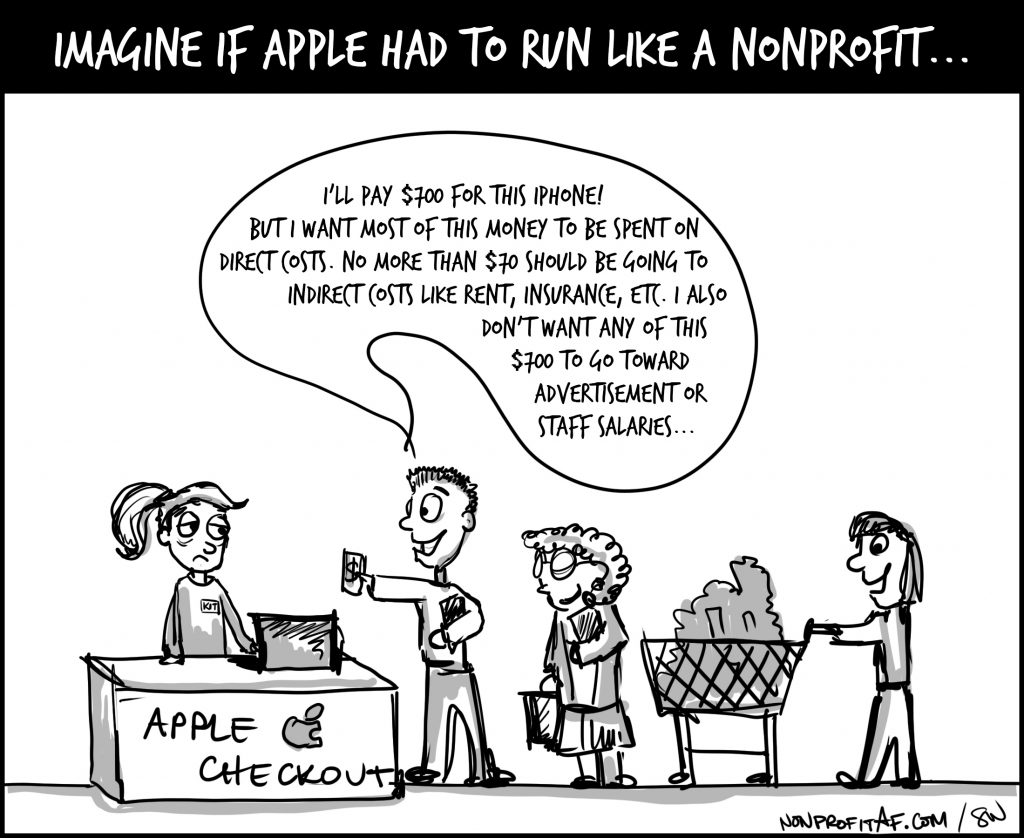
It is the New Year, which means many of us are thinking of ways to improve ourselves. However, that can be challenging when all of us are so busy doing important stuff to make the world better. Stuff like binge-watching season 4 of Grace and Frankie on Netflix while eating an entire family-sized bag of wavy potato chips (Look, you have your way of making the world better, and I have mine).
So here are a few creative tips to help us be healthier while we do nonprofit work. Special thanks to the NAF Facebook community for all the inspiring suggestions, many of which I’ve combined into the ones here:Continue reading →





